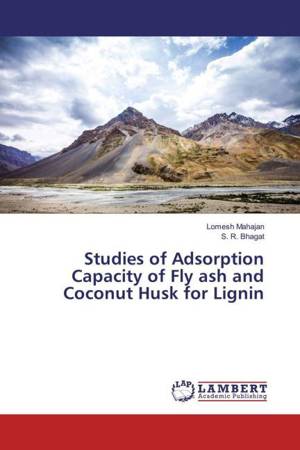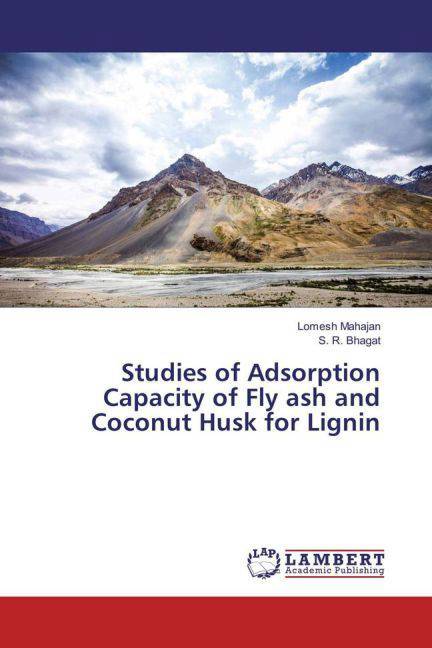
- Afhalen na 1 uur in een winkel met voorraad
- Gratis thuislevering in België vanaf € 30
- Ruim aanbod met 7 miljoen producten
- Afhalen na 1 uur in een winkel met voorraad
- Gratis thuislevering in België vanaf € 30
- Ruim aanbod met 7 miljoen producten
Zoeken
Studies of Adsorption Capacity of Fly ash and Coconut Husk for Lignin
Lomesh Mahajan, S. R. Bhagat
Paperback | Engels
€ 35,45
+ 70 punten
Omschrijving
Today's industrial environment is competitive, it is well known fact that paper mill wastes like lignin causing enormous destruction and producing negative impacts on national economics.Though it is almost impossible to fully recoup the damage caused by lignin, it is possible to minimize the potential risks. Last couple of year's some difficulties comes in to picture which results in development of country. Lignin is main factor of environment pollution. The residue from combustion of pulverized coal that is waste by product from thermal power station is known as fly ash (pozzolana). Although it is not a cementitous, it combines with lime to form a material having cementing properties. In this project of aim is to study the removal of lignin from paper mill wastes using fly ash and coconut husks as an adsorbent and compare the suitability of these two materials.The use of such technique would result in a number of benefits not only it would either controlling lignin waste strength but it will also provide valuable empirical data for the improvement of treatment on lignin and further protect environment with the use of unproductive waste like coconut husk and fly ash.
Specificaties
Betrokkenen
- Auteur(s):
- Uitgeverij:
Inhoud
- Aantal bladzijden:
- 72
- Taal:
- Engels
Eigenschappen
- Productcode (EAN):
- 9783659917684
- Uitvoering:
- Paperback
- Afmetingen:
- 150 mm x 220 mm

Alleen bij Standaard Boekhandel
+ 70 punten op je klantenkaart van Standaard Boekhandel
Beoordelingen
We publiceren alleen reviews die voldoen aan de voorwaarden voor reviews. Bekijk onze voorwaarden voor reviews.







